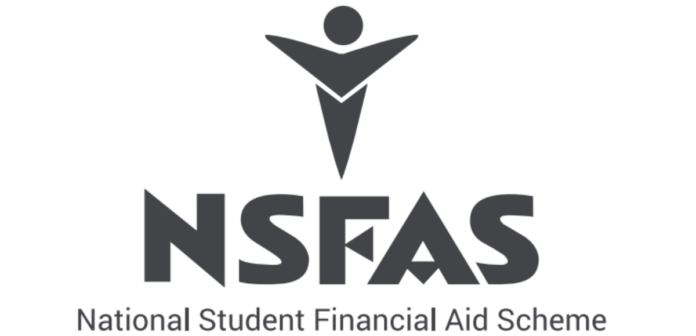For the 2023 academic year, there are several changes coming for the National Student Financial Aid Scheme (NSFAS). The aid scheme has some proposed major policy changes for 2023. The 2022 academic year was filled with several allegations of corruption and maladministration at the organisation. Here is everything students will need to know about NSFAS for the upcoming academic year.
READ MORE:
Things that need to be fixed at NSFAs
Increases in allowances
Policy changes for the 2023 academic year could result in an increase in student tuition and accommodation allowances. These allowances will be linked to inflation increases. However, NSFAS has said the increases would only be a 5% increase in student allowances and a 7% increase in accommodation allowances.
During an address in parliament, NSFAS chief operating officer Nthuseng Mphahlele said: “With our engagements with shareholders we could only be able to increase allowance to 5% maximum of inflation, based on the budget that is available and increase accommodation by 7% and capped at R45 000 per student per annum.
This possible increase comes after almost 50 000 people – mostly university students – signed a petition. The petition called on the minister of higher education Blade Nzimande and NSFAS to increase their monthly allowance. The petition was started by Onthatile Mathonsi in September.
RELATED:
What you need to know about NSFAS 2022
General eligibility
The eligibility criteria for students is developed by NSFAS and approved by the minister. The approved funding criteria has two elements: income eligibility and academic eligibility.
Academic Eligibility
For the 2023 academic year, the eligibility criteria requirement could be implemented. First time entering students must achieve 50%+1 of their registered course credits to be funded by NSFAS in the following academic term. Continuing and returning students must achieve 55% of their registered course credits to be funded by NSFAS in the following academic term. Students will need to pass 50% of their course as per the course pass rate table. There was a proposal of a pass rate of 75% but nothing has been confirmed or approved.
Potential NSFAS students must succeed in their academic studies and still be within their applicable N+ rule to continue receiving NSFAS bursaries. NSFAS provides bursaries to eligible students who wish to study at any of the 26 public universities and 50 technical and vocational education and training (TVETs) colleges.
Change in payment
NSFAS plans to pay allowances for the upcoming academic year directly into students’ bank accounts. The current payment method is that allowances would be paid directly to institutions by the scheme. They would then disburse the funds to NSFAS beneficiaries. This often caused many delays and issues with NSFAS and universities often being unable to pay the allowances out on time. The University of South Africa (UNISA), the University of Limpopo and the Venda University of Technology were used as pilots for the direct payment system of allowances to students.
“NSFAS has appointed four fintech companies to assist with disbursement of student allowances directly into their bank accounts,” said NSFAS chief financial officer Luyanda Ndeya.
Funds required by NSFAS
The financial aid scheme is projecting that it will need R3.5 billion for universities to cover the beginning of year allowances. NSFAS has provisionally allocated this amount for students to receive their allowances for three months, from February to April 2023. This amount includes allowances for medical students which has to be paid in January. To date NSFAS has received over 700 000 applications.
SIU investigation
In August, president Cyril Ramaphosa signed a proclamation giving the Special Investigating Unit (SIU) authority to probe NSFAS. This was on allegations of corruption and maladministration. The investigation was to uncover any alleged unlawful conduct or serious acts of maladministration from April 2016 until the date of the proclamation which was August 26 2022. It followed the case of the R14 million that was deposited in Walter Sisulu University (WSU) student Sibongile Mani’s account.
RELATED:
Sibongile Mani’s R14 million #NSFAS saga left us with so many questions
Already millions of rands have been recovered as part of the investigation of various universities and colleges around the country. The first college where funds were recovered was Northlink College in the Western Cape. The SIU managed to recover more than R33 million from the college. The college informed the SIU that it received over R33 million from NSFAS. This was not allocated to students between 2017 and 2021.
Parliament’s Portfolio Committee on Higher Education, Science and Innovation have recommended that NSFAS close any existing policy gaps to create a credible institution. The committee also recommended that NSFAS management concentrate on building its relationship with its workforce. This related to the forensic report into allegations of corruption and maladministration in the affairs of the organisation.
Featured image via Facebook
Editor’s note: This piece will be updated if further updates become available.









